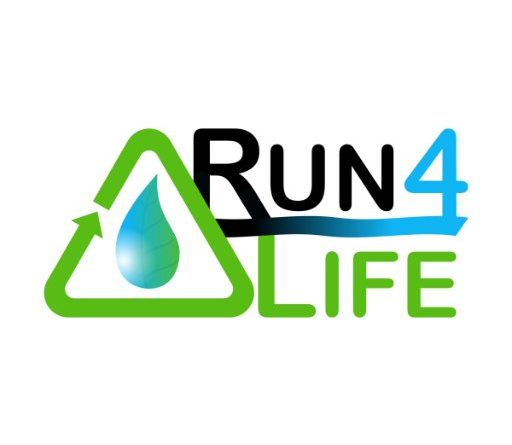RUN4LIFE
Domestic wastewater (WW) is an important carrier of nutrients usually wasted away by current decentralised WW treatments (WWT). Run4Life proposes an alternative strategy for improving nutrient recovery rates and material qualities, based on a decentralised treatment of segregated black water (BW), kitchen waste and grey water combining existing WWT with innovative ultra-low water flushing vacuum toilets for concentrating BW, hyper-thermophilic anaerobic digestion as one-step process for fertilisers production and bio-electrochemical systems for nitrogen recovery.
It is foreseen up to 100% nutrient (NPK) recovery (2 and >15 times current P and N recovery rates) and >90% water reuse. Obtained products will be >90% reused thanks to prospective end-users in the consortium and a new Business model based on a cooperative financial scheme. Run4Life impacts will be evaluated on safety and security (Risk Assessment), from an environmental point of view (Life Cycle Assessment and Environmental Technical Verification), on the economy (Benefit Cost Analysis) and considering Social Risk Perception. Active measures will be developed with the support of a Stakeholders and Exploitation Panel for achieving institutional, legal and social acceptance.
Different parts of Run4Life will be large scale demonstrated at 4 demo-sites in Belgium, Spain, Netherlands and Sweden, adapting the concept to different scenarios (market, society, legislation). Performance tests will be carried out with obtained products (compared to commercial fertilisers) with close collaboration with fertiliser companies. Process will be optimised by on-line monitoring key performance indicators (nutrient concentration, pathogens, micropollutants). The information obtained in the 4 demo-sites will be used for process simulation to conceive a unified Run4Life model which will be applied in a fifth demo-site in Czech Republic, allowing new business opportunities and providing data for critical raw material policies.
Project Budget: 7’720’900,61 €
LEITAT Budget: 532’787,50 €
Financial Framework: Horizon 2020
Contract Number: 730285
Start Date: 01/06/2019
End Date: 31/05/2021
Partners:

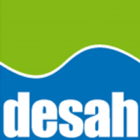
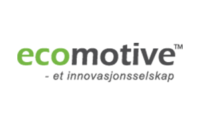
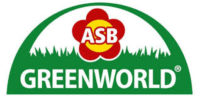
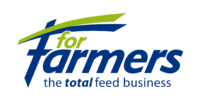

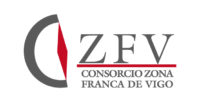
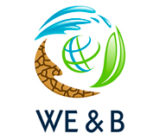


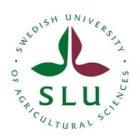

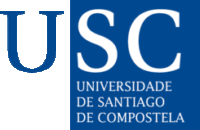
Contact Manager: J. Casellas
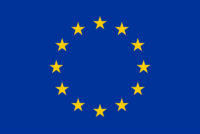
This project has received funding from the European Union’s Horizon 2020 Research and Innovation Programme under Grant Agreement 730285. This publication reflects only the author’s views and the European Union is not liable for any use that may be made of the information contained therein.

